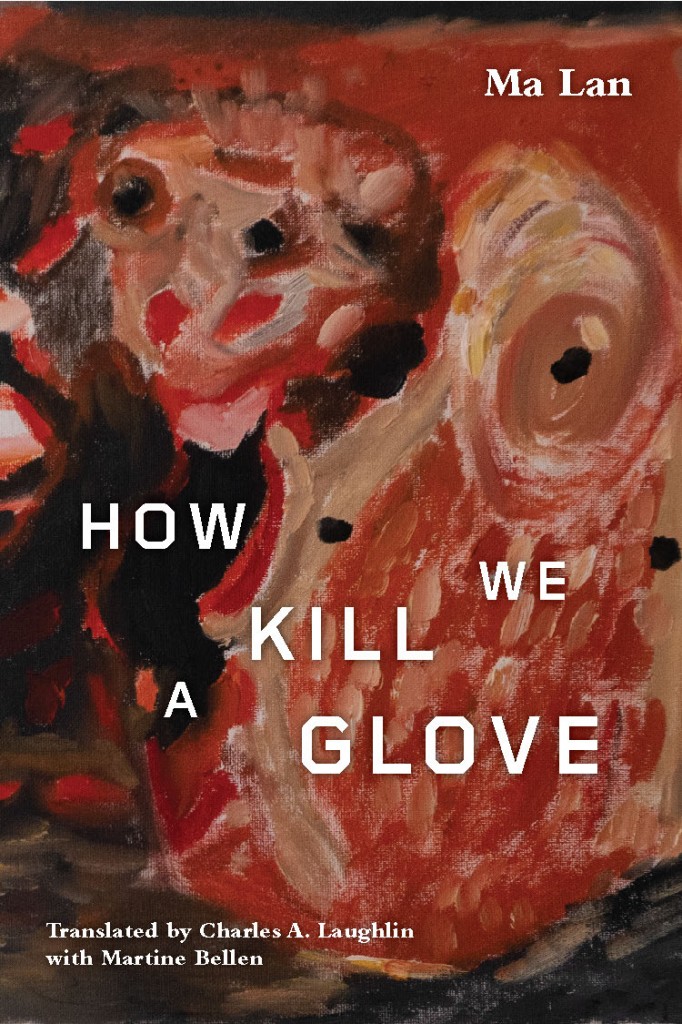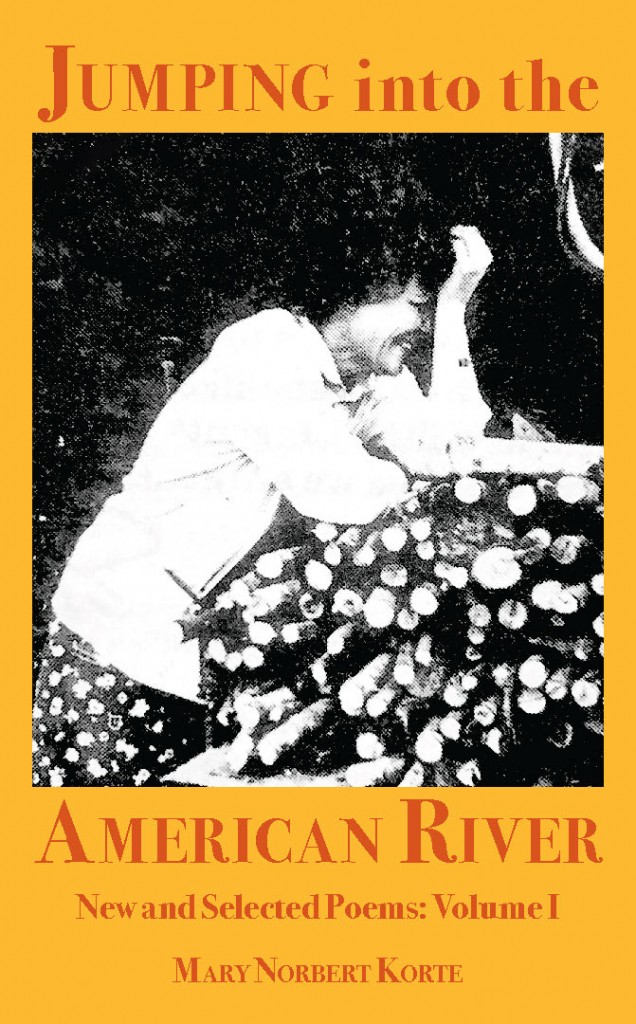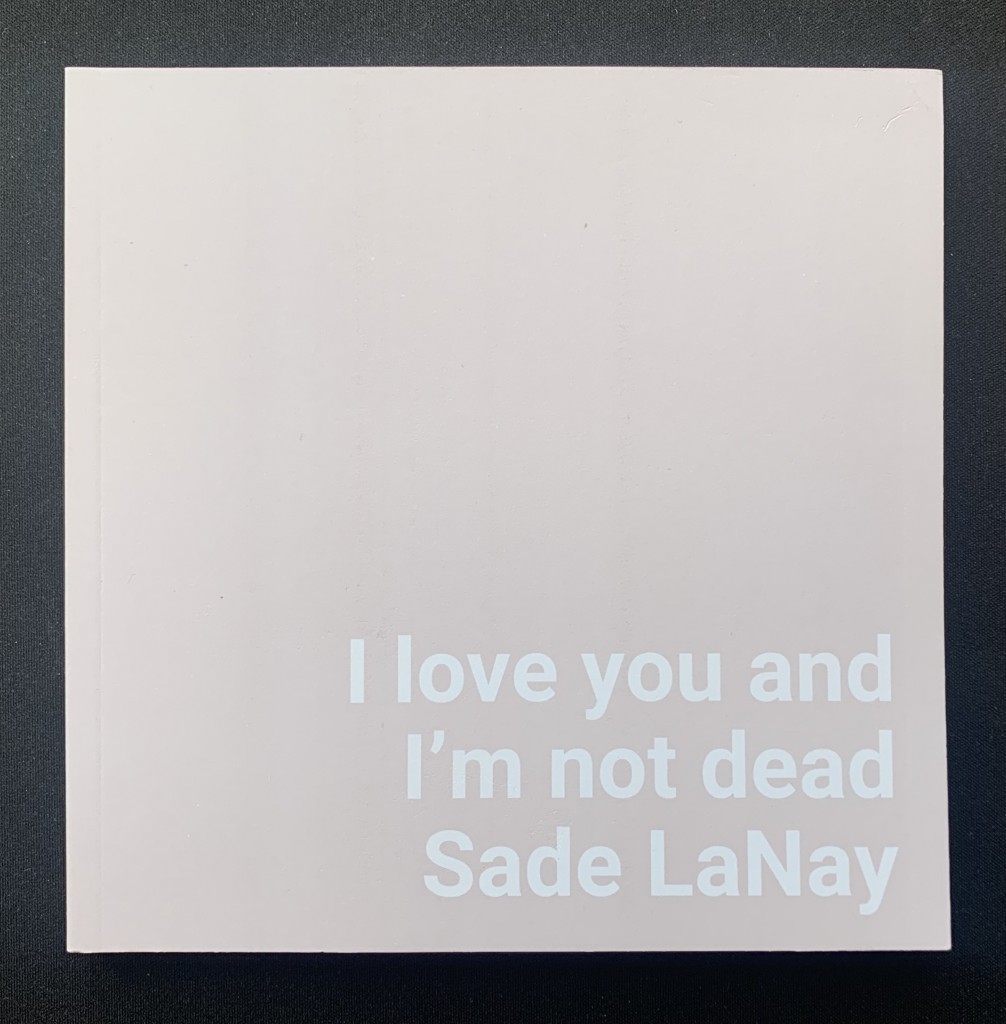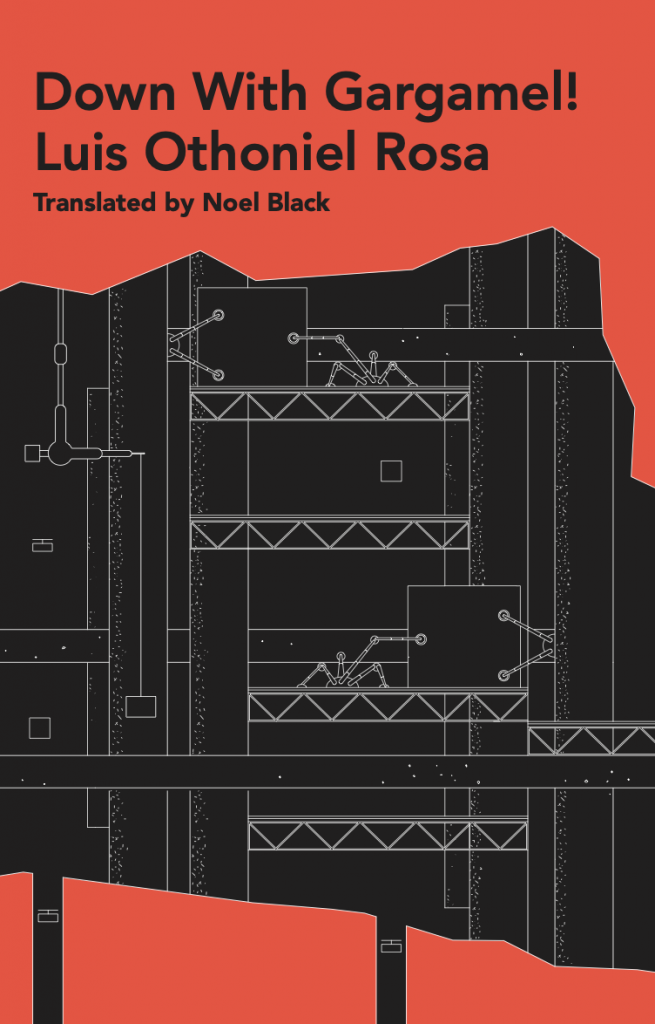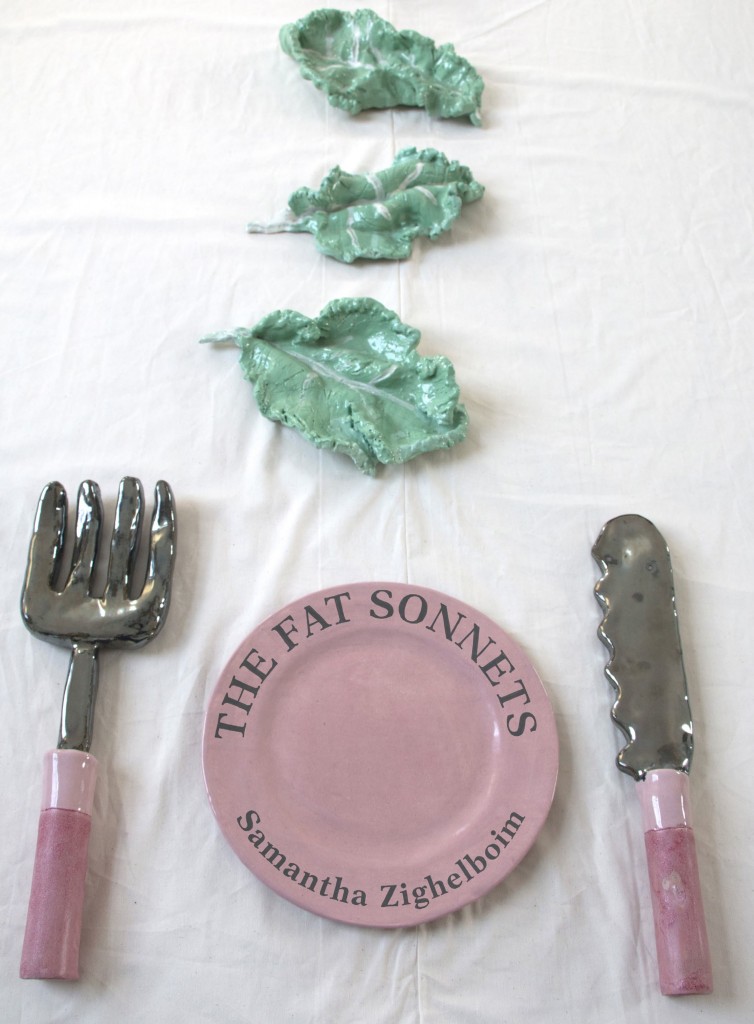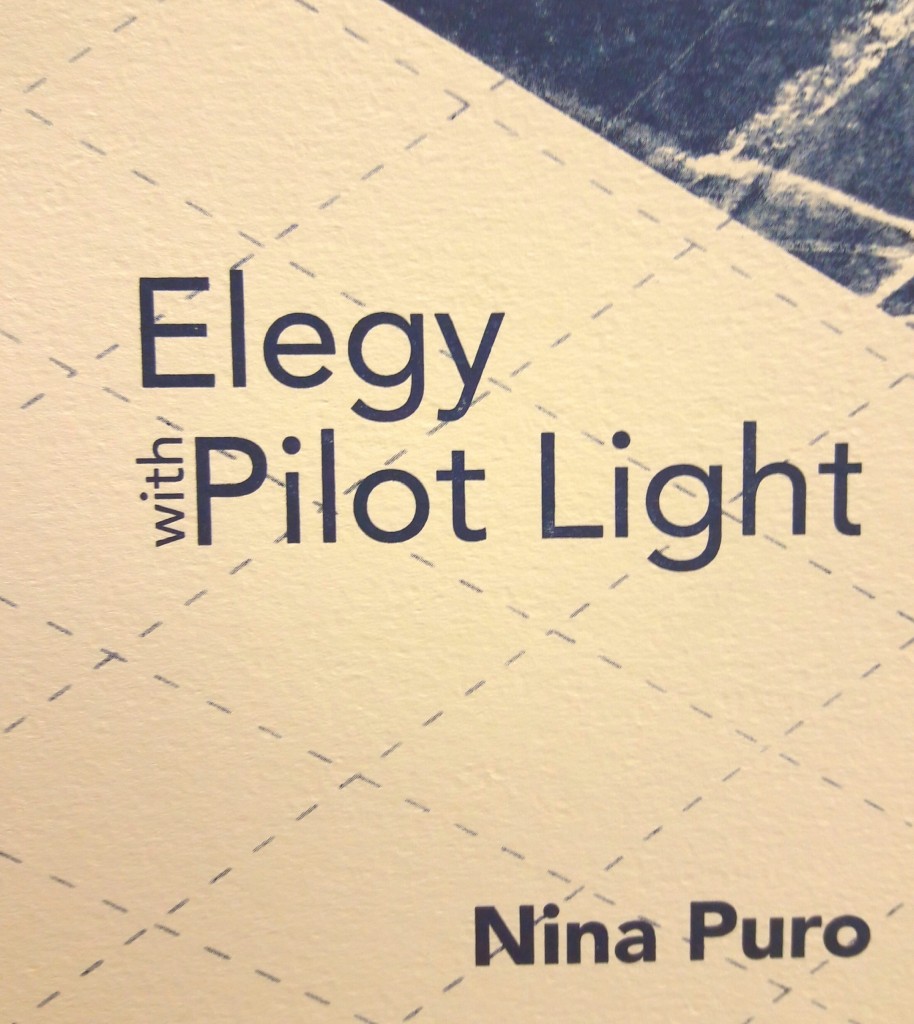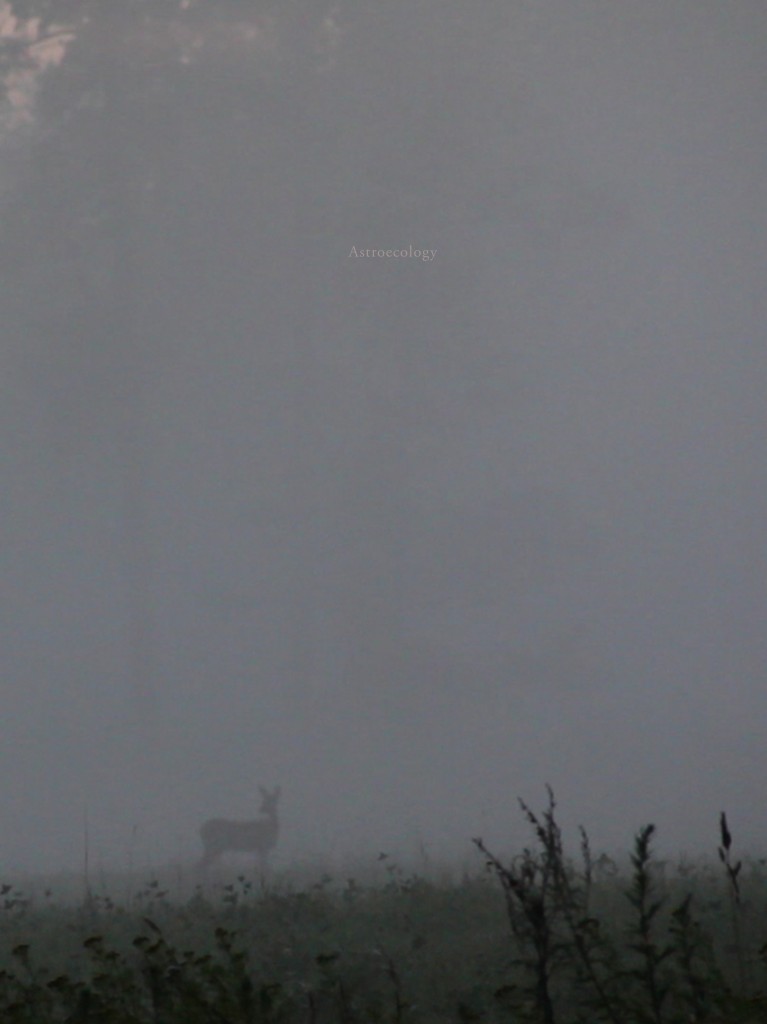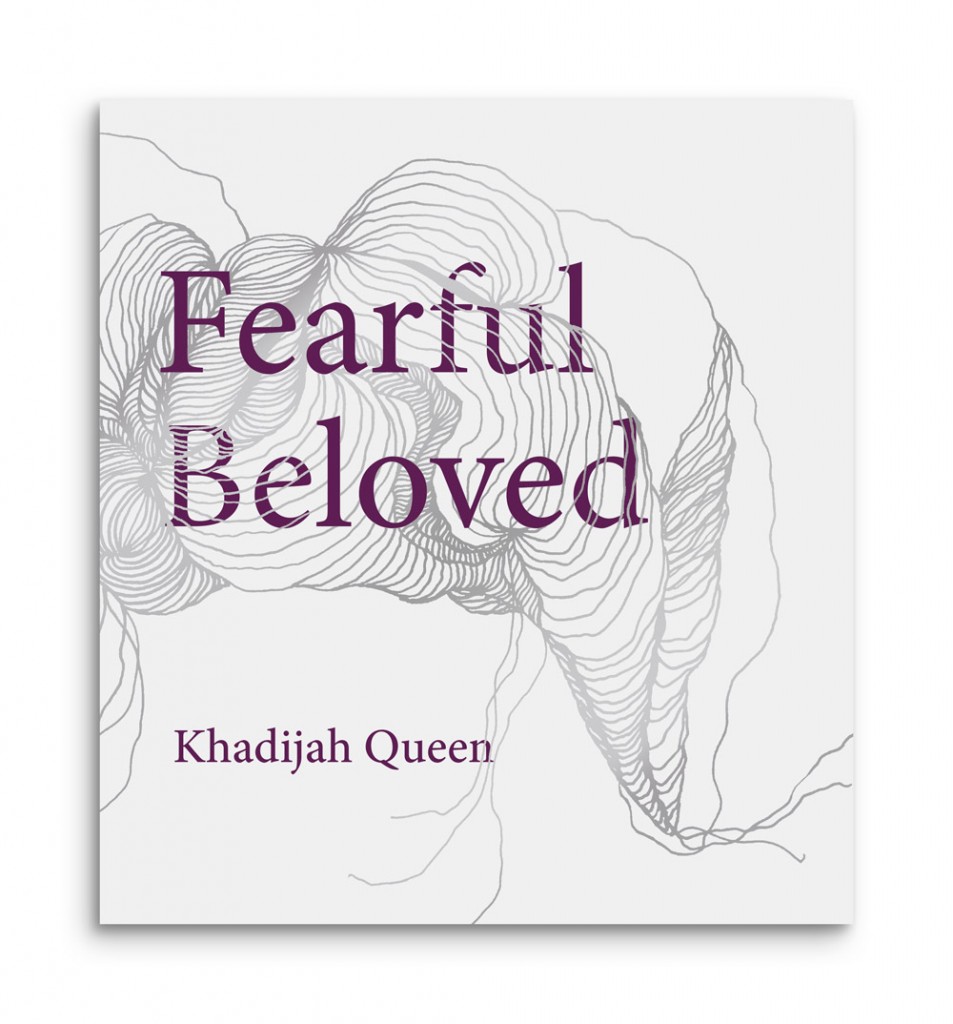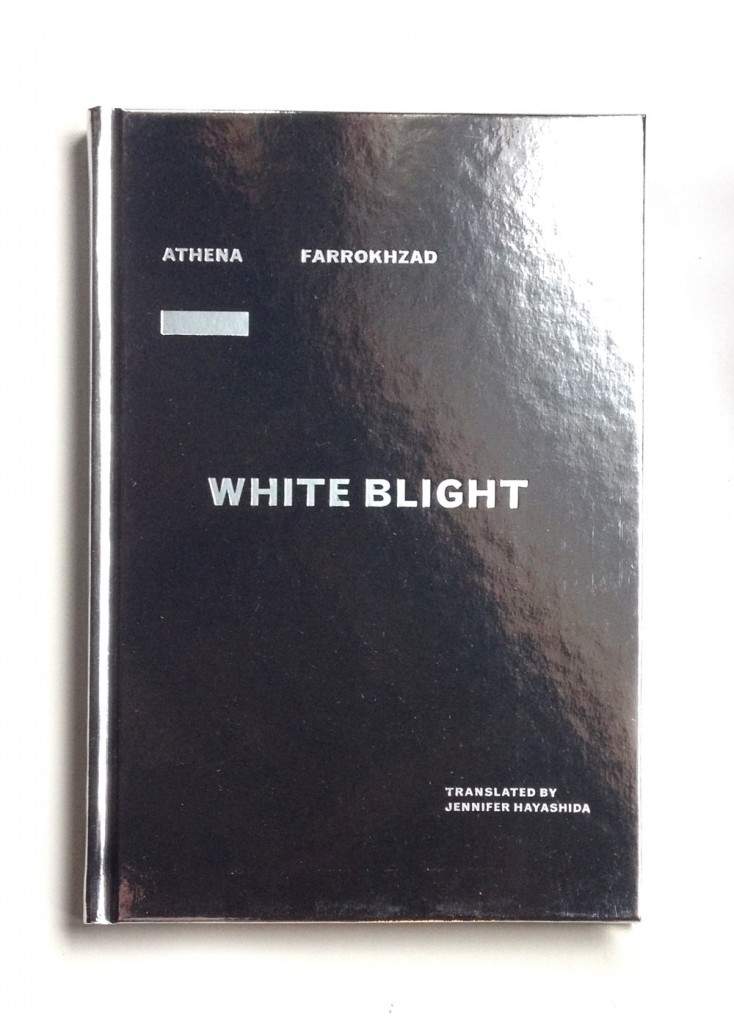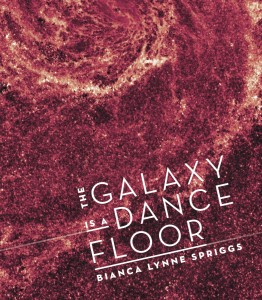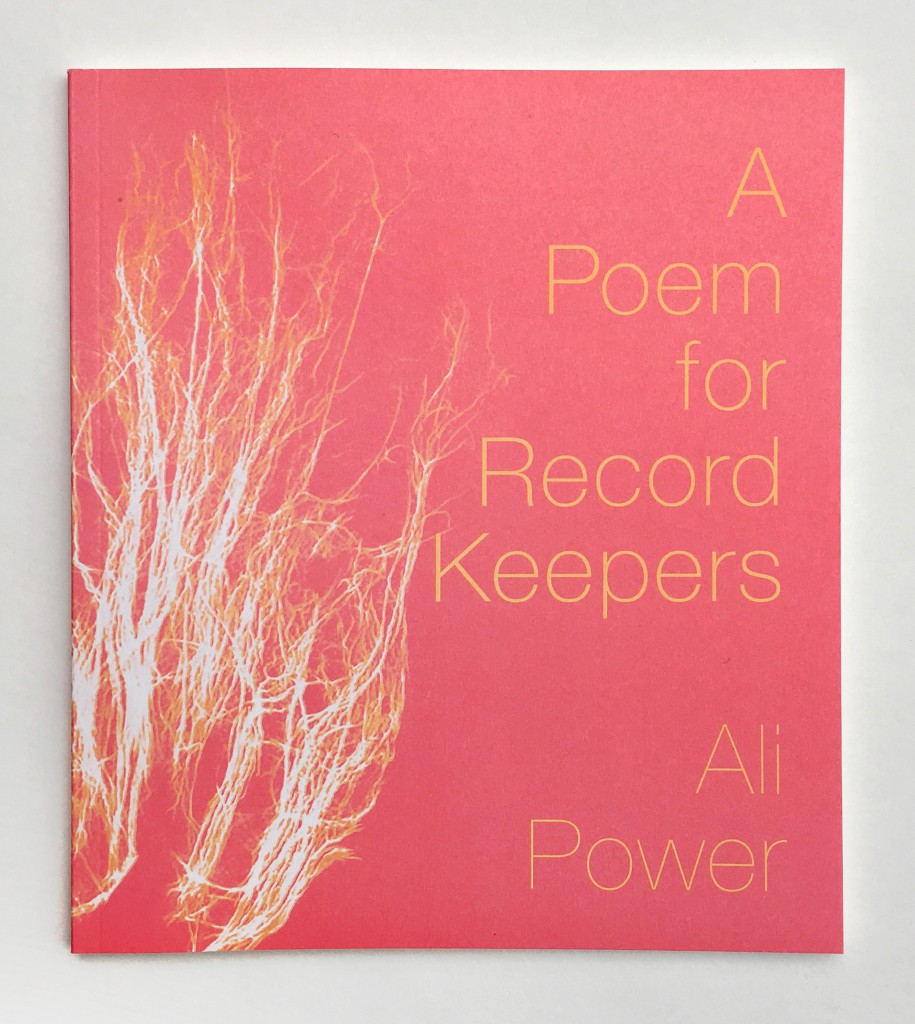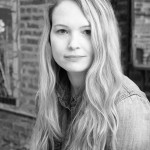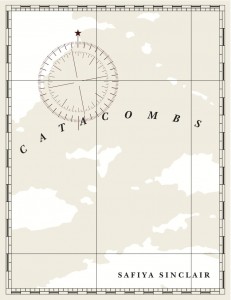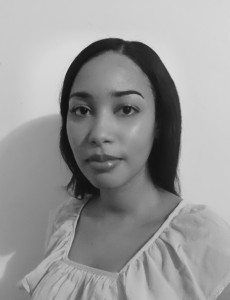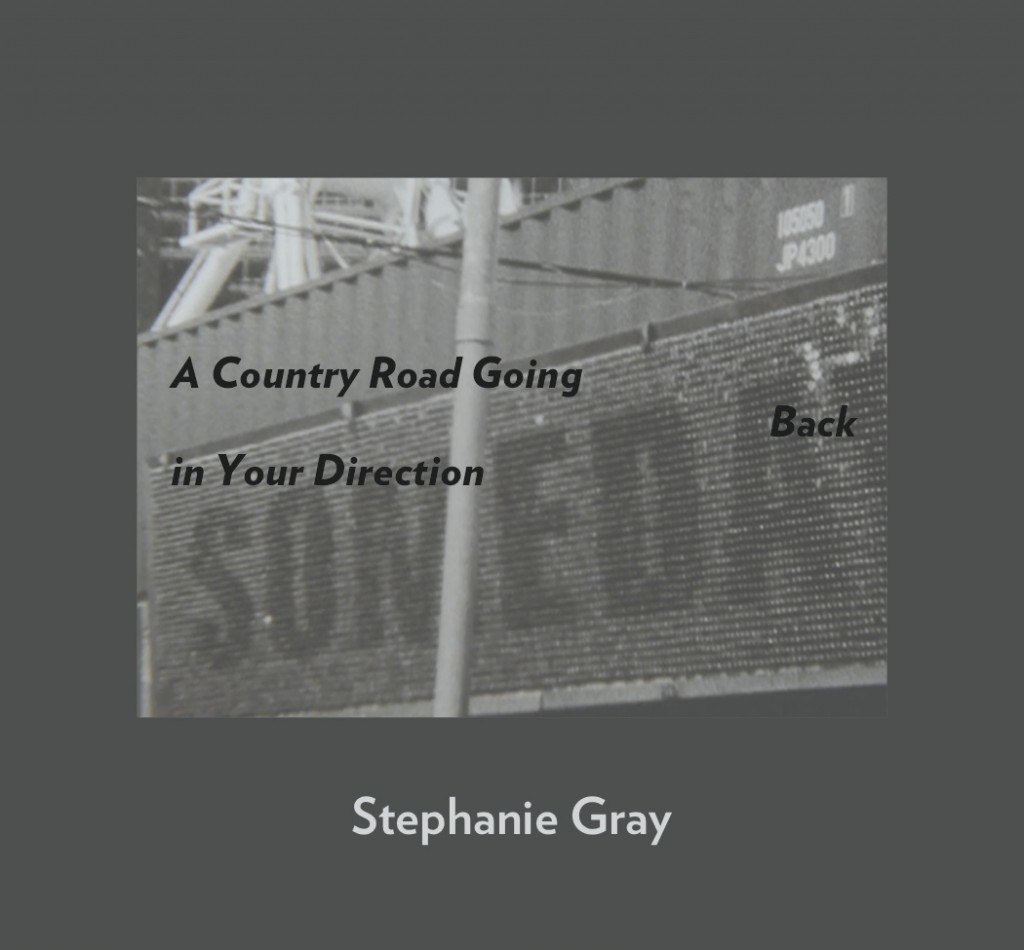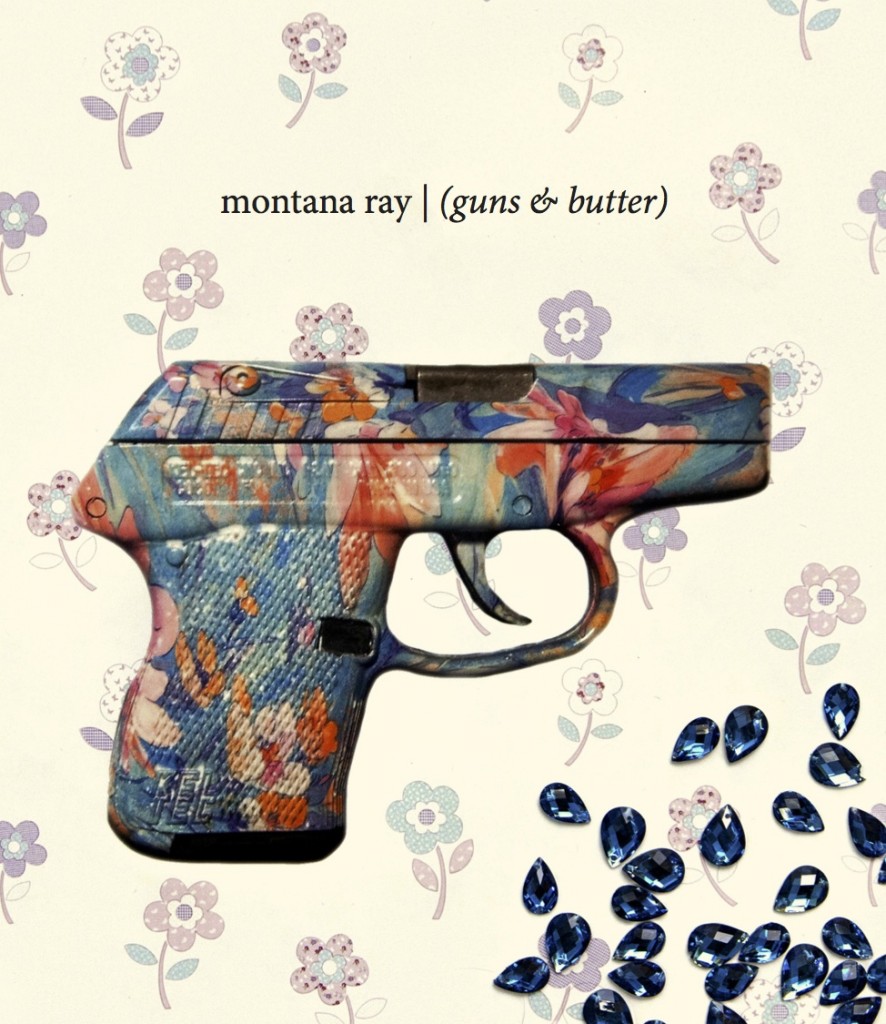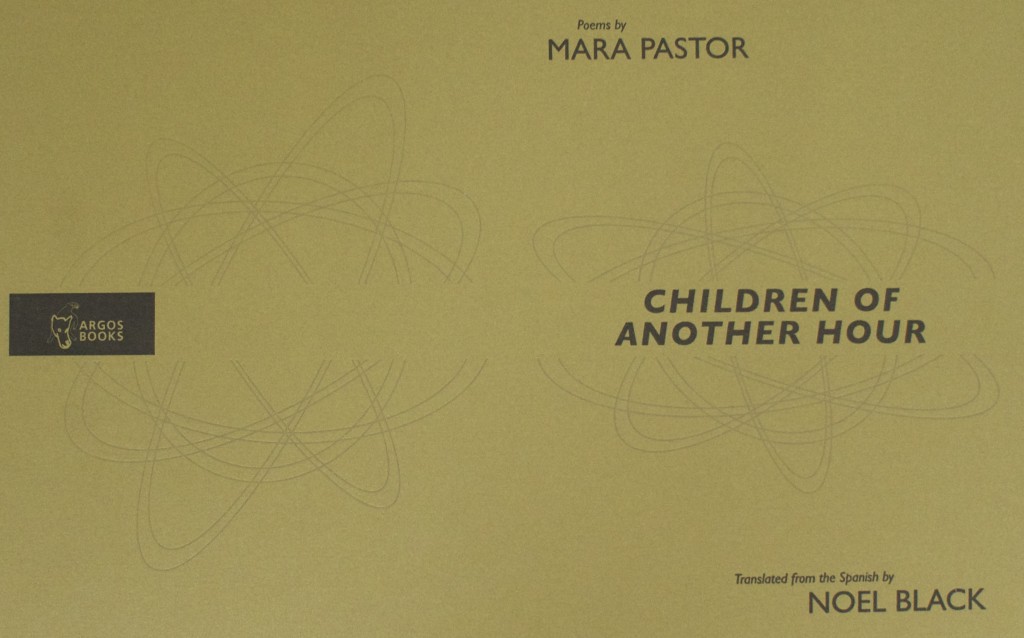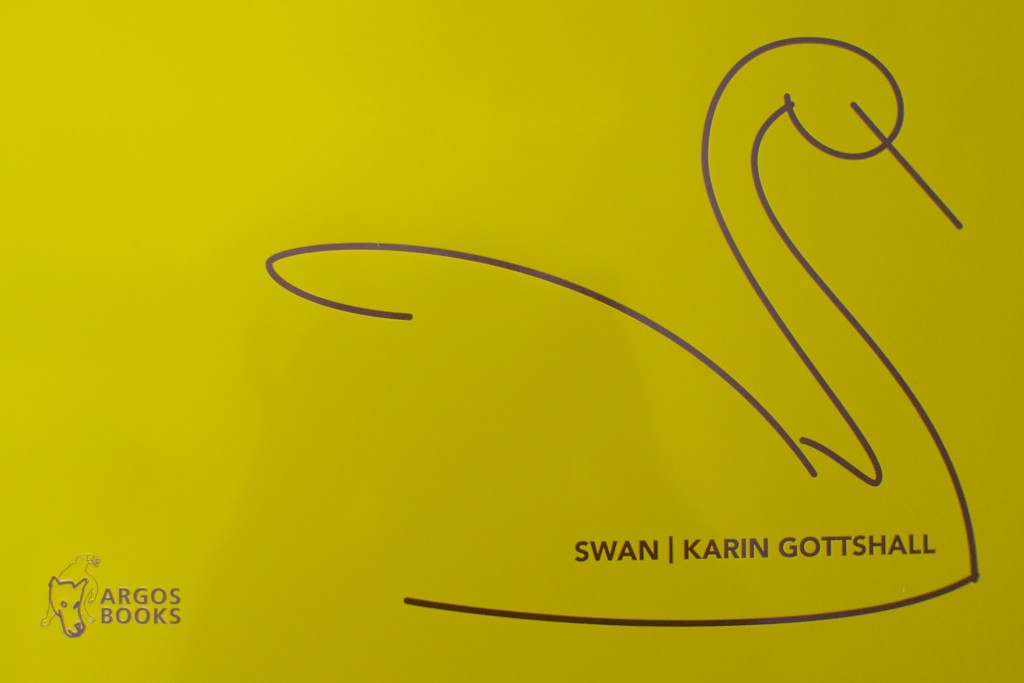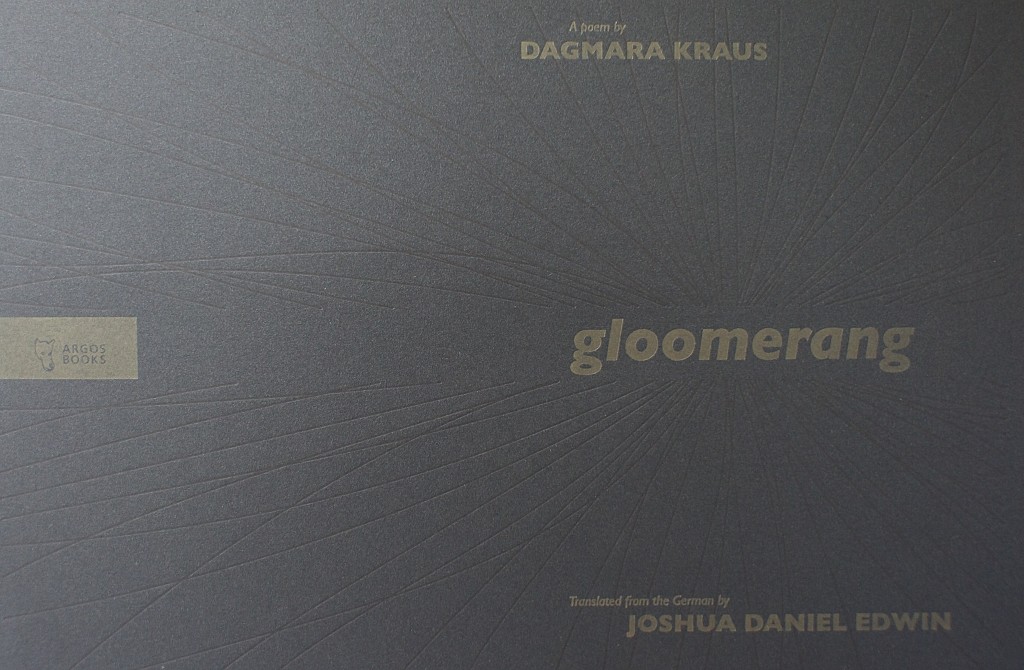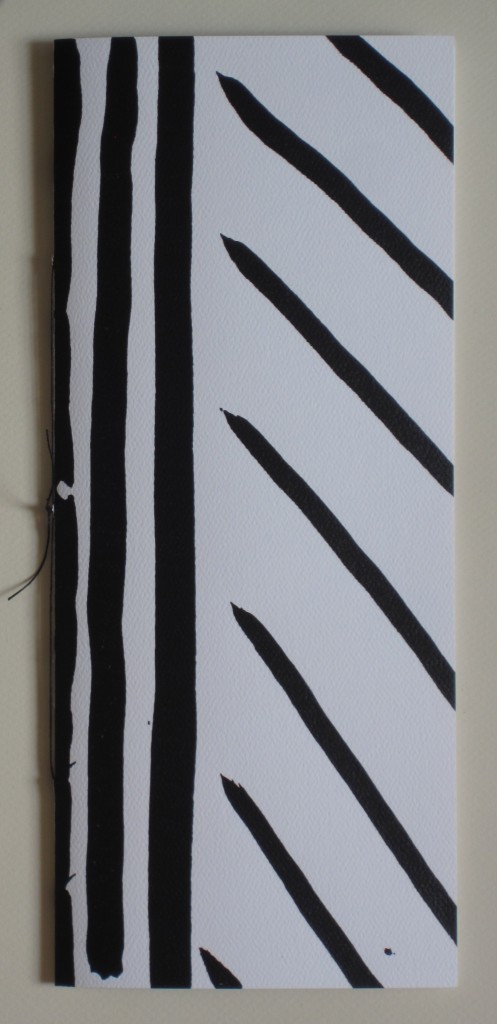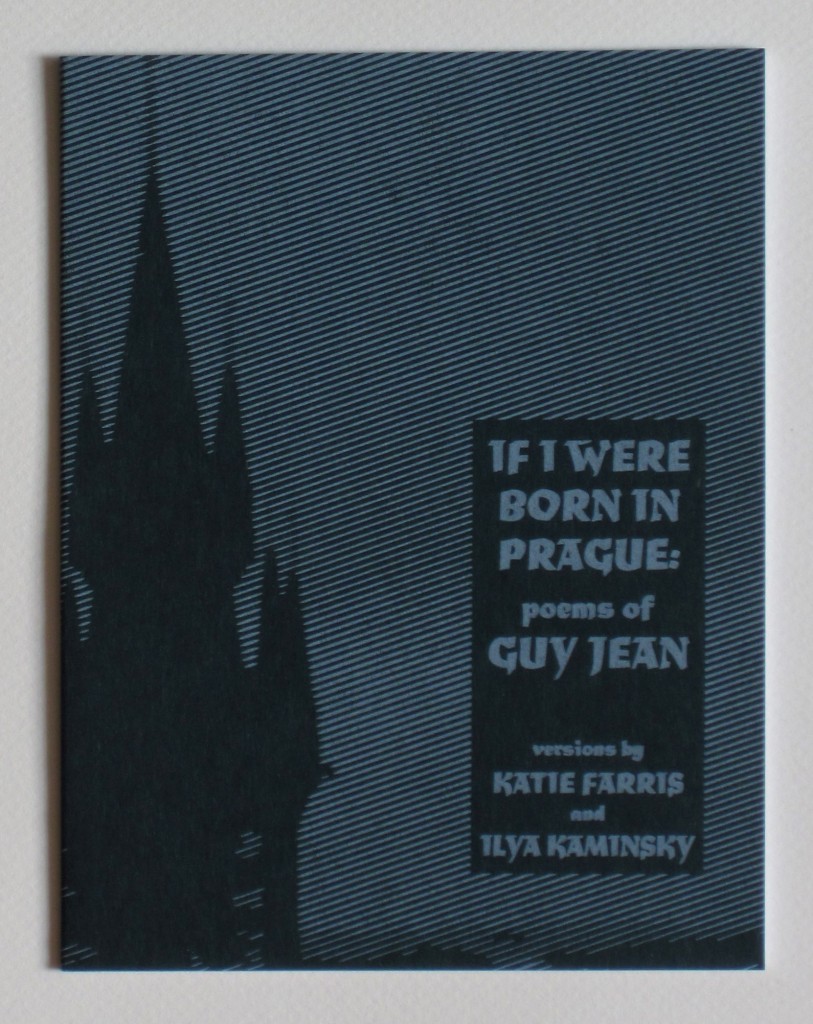How We Kill a Glove
by MA Lan
Translated by Charles A. laughlin w/ Martine Bellen
RELEASE DATE: April 2023
16 + Shipping
Ma Lan writes poems that carry us suddenly into the vast, strange worlds of myth and dream. Blurring the lines between subject and object, Ma’s poetry reveals the character, the liveliness inherent in objects, which seems hidden but never really was (“I wrap a floral tablecloth around my body/making the napkins line up naked”); her poems operate their own internal logic that aligns and then departs from the logic of shared reality (“Death never rejects a reason for ceasing to breathe”). Charles Laughlin’s sensitive, acute translation of Ma Lan’s poems bring readers into a world where “Poets are flirtatious horses”, moving with all of the might and symbolism of ancient folklore. Ma, a member of the Muslim Hui ethnic nationality in China, builds surreal spaces in these poems, embedding them with mysterious and at times menacing political undertones. “Where does it come from, this ponderous density?” she asks, using language to search the physical and metaphysical. “Like dreaming a dream beyond the universe.”
Ma Lan was born in Meishan, Sichuan, in the People’s Republic of China, a member of the Muslim Hui ethnic nationality. Formerly an accountant at China Construction Bank, she emigrated to the U.S. in 1993. Lan began publishing poetry in 1982, and has published poetry and fiction in Chinese literary journals such as Hua cheng (Flower City), Zhongshan, Renmin wenxue (People’s Literature), Xiaoshuo jie (Fiction World), Jintian (Today), and Poetry Monthly, in addition to selected works in various annual and topical poetry anthologies. Ma Lan has self-published a poetry collection Zuo zai nali (Where to Sit), a short story collection Hua fei hua (The Flowers are not Flowers), and for many years served as editor of Olive Tree online literary magazine, the first online journal of serious contemporary Chinese literature. Recently, fifteen of her poems were included with works of twenty-two other Chinese poets living around the world in the anthology Sihai wei shi (Poems in All Directions) edited by Mi Jiayan and published by Shanxi Media and Publication Group.

